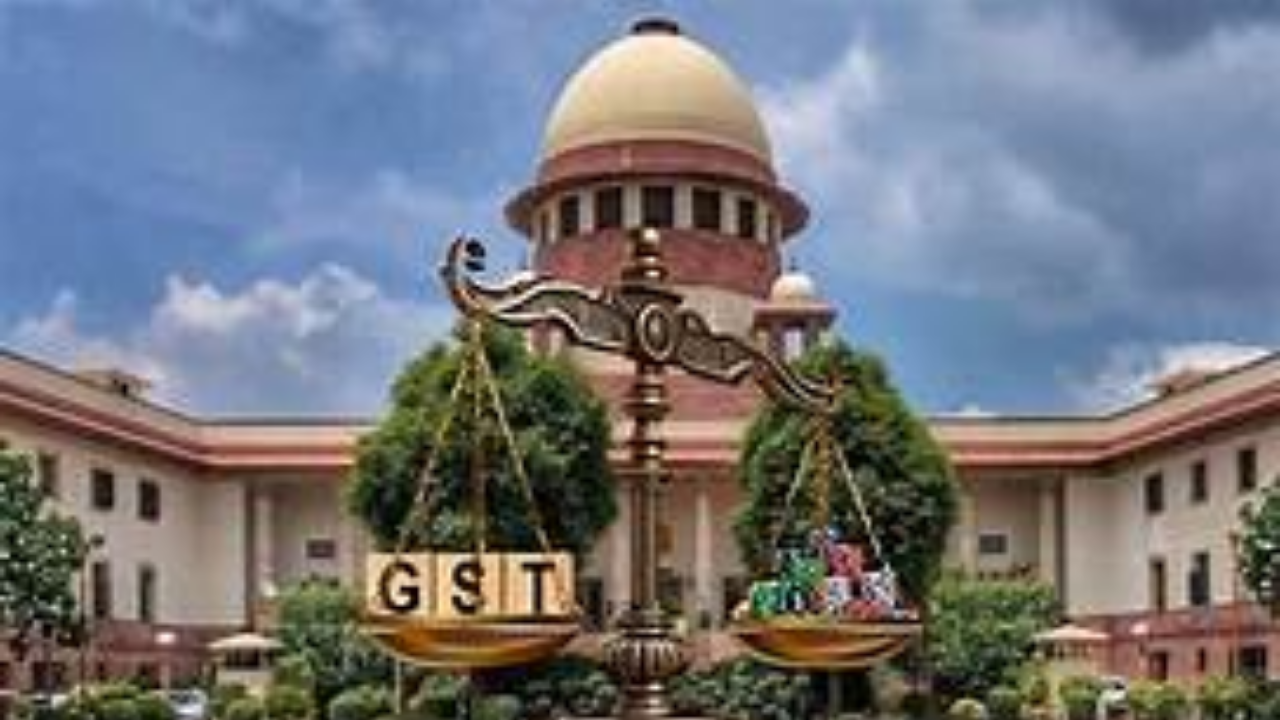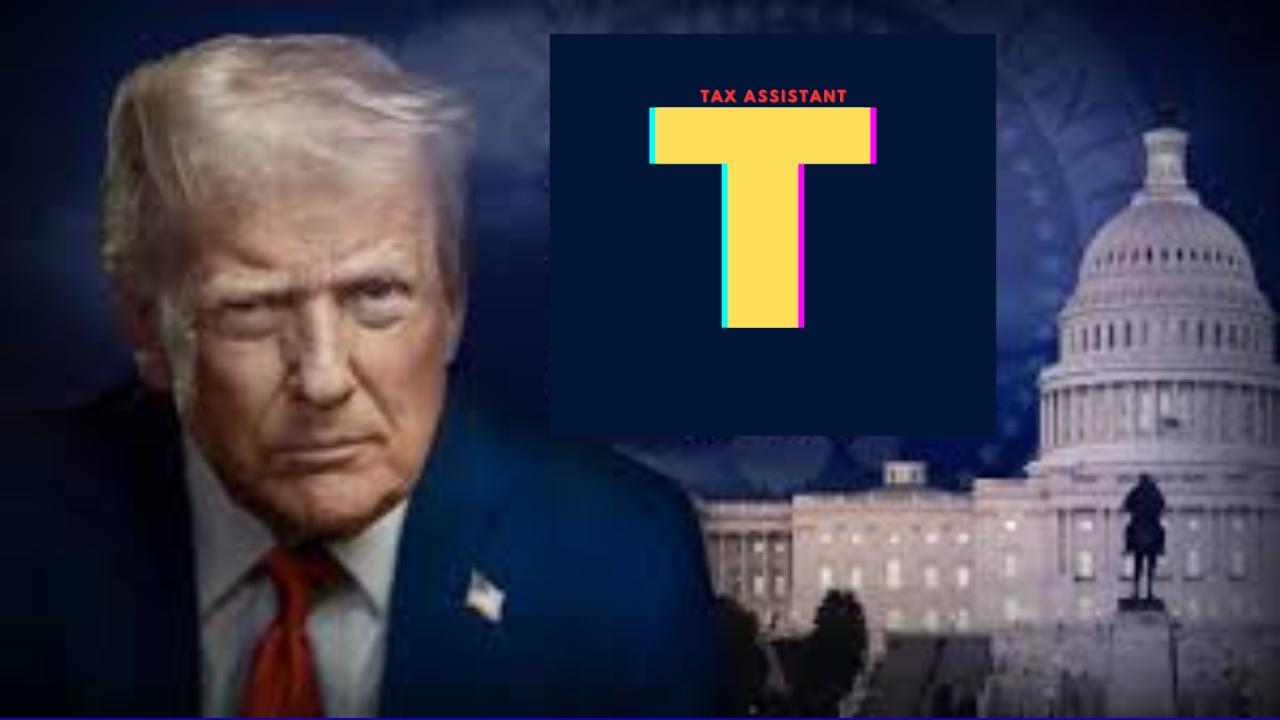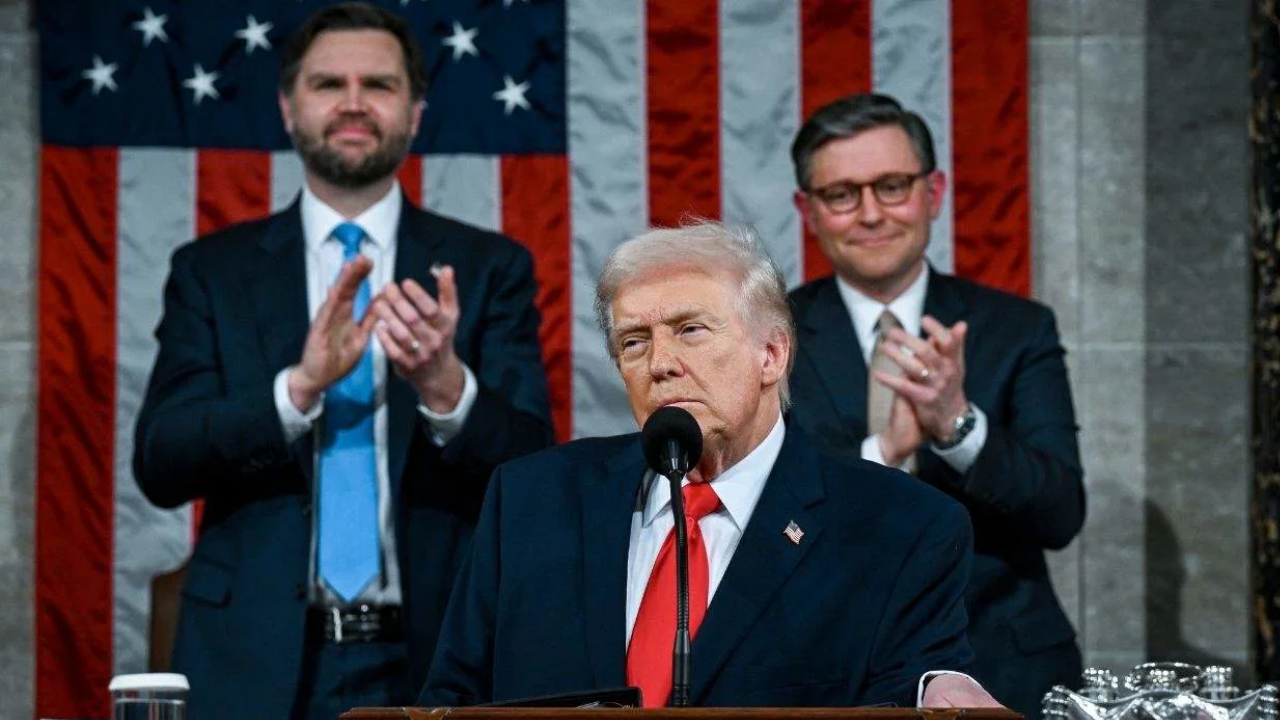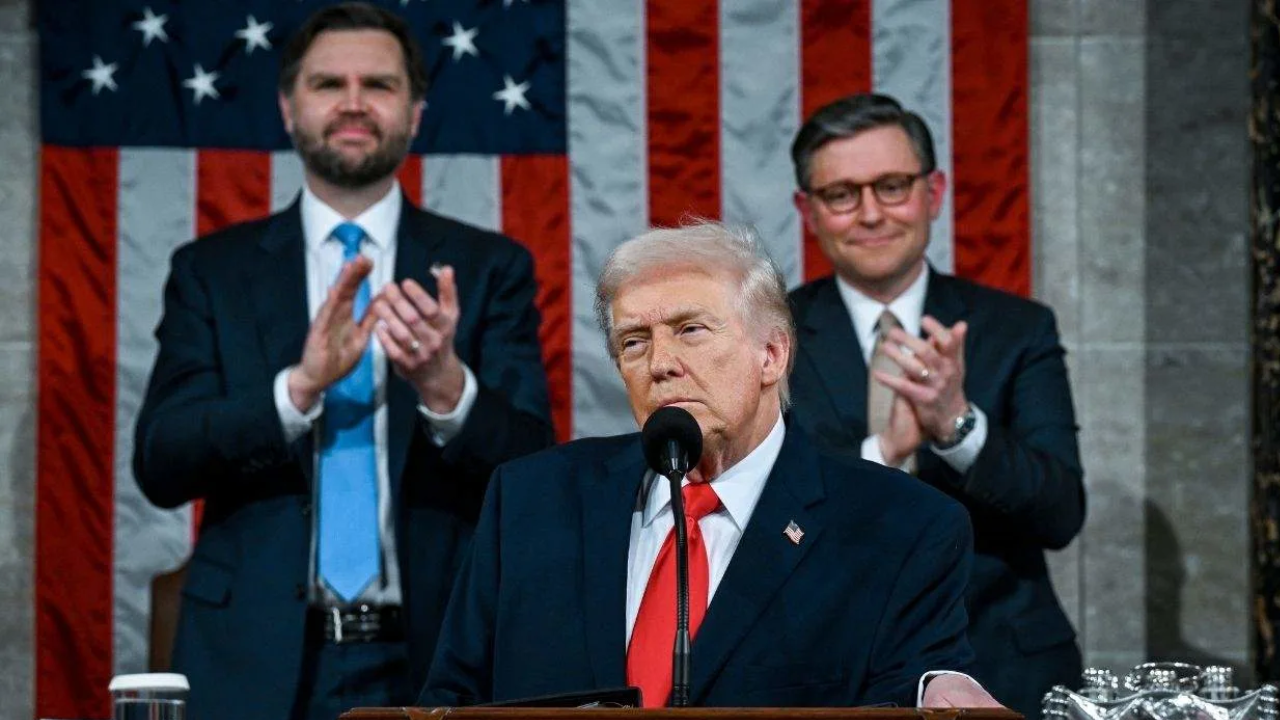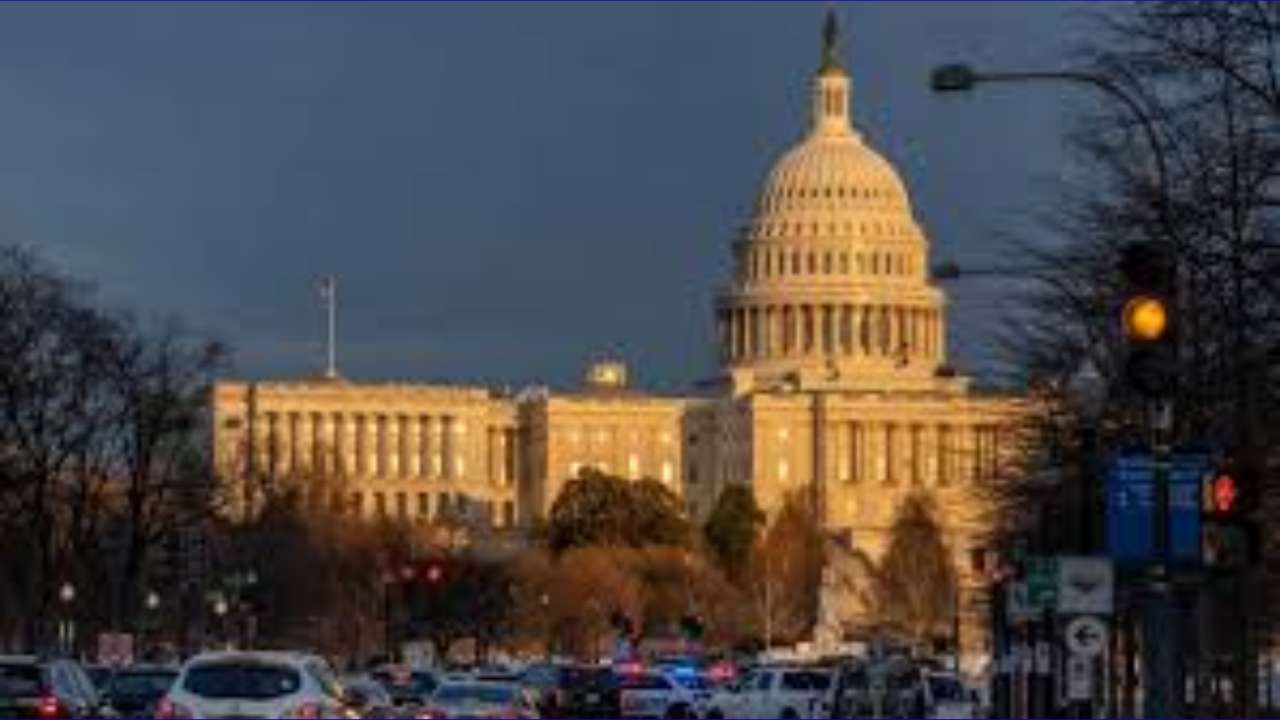In a significant development for GST law, the Supreme Court has stayed the retrospective application of a GST penalty under Section 122(1A) of the CGST Act. The ruling came in the case of Mukesh Kumar Garg v. Union of India & Ors, where the court also decided to examine whether a person who is not a “taxable person” can be penalized under Section 122(1) of the Act.
Thank you for reading this post, don't forget to subscribe!The Supreme Court’s order aligns with a consistent judicial stance against the retrospective application of penal laws. Here’s a breakdown of the key issues:
The Legal Issues
1. Applicability to a “Non-Taxable Person”: The petitioner, Mukesh Kumar Garg, argued that he was not a “taxable person” and therefore could not be held liable for a penalty under Section 122(1). A “taxable person,” as defined by the GST Act, is someone who is registered or is required to be registered. The Supreme Court’s decision to grant leave on this issue means it will be examining the scope of who can be penalized under this provision.
2. Retrospective Penalty: Section 122(1A) was added to the CGST Act on January 1, 2021. However, the penalty in this case was for transactions from 2017-2020. The Court’s stay on the penalty recovery supports the principle that new penal provisions cannot be applied to actions that occurred before the law was enacted, a protection guaranteed by Article 20(1) of the Constitution of India.
Wider Implications
This ruling is a crucial moment for GST jurisprudence. It reinforces the constitutional principle against retrospective punishment and highlights the importance of clarity in the law regarding who can be held liable. The Supreme Court’s decision is in line with other high court rulings, such as the Bombay High Court’s decision in Amit Manilal Haria, which similarly found that Section 122(1A) is prospective in nature.
The stay of the penalty, conditional on the petitioner depositing 25% of the demand, signals the court’s intent to thoroughly examine these fundamental legal questions.
